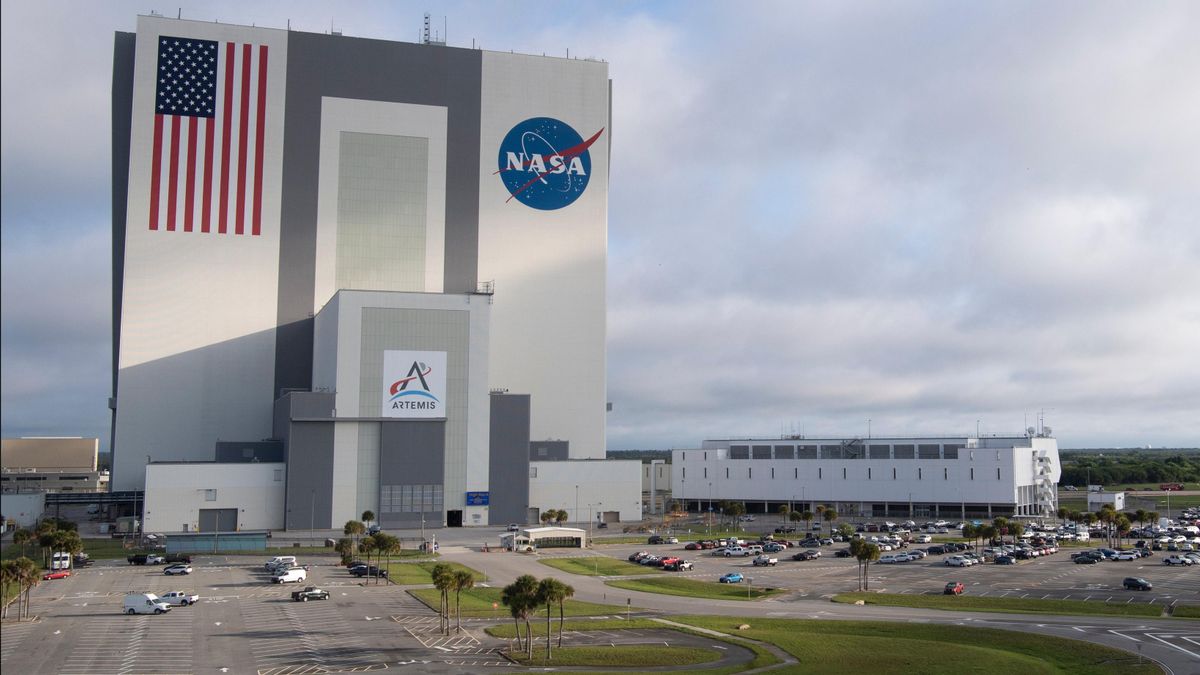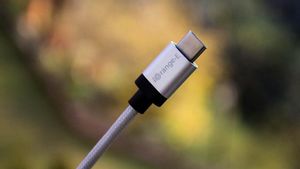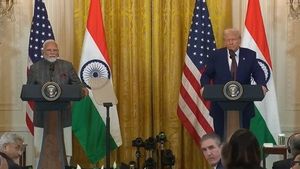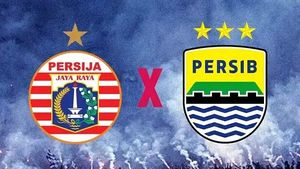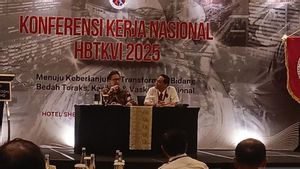JAKARTA - Amazon's satellite business, SpaceX's Starlink network, and other satellite companies on Wednesday, April 20, won a combined USD 278.5 million (IDR 3.99 trillion) contract from NASA to demonstrate communications in space when the US space agency moves to replace its network of satellites in orbit with a privately built system.
NASA increasingly wants to rely on private space companies for its operations. They also want to stimulate more commercial activity in areas ranging from space communications to sending humans into orbit.
Amazon's Kuiper project, a planned network of more than 3.000 satellites built to transmit broadband internet to remote areas, has won 67 million (IDR 961 billion). Meanwhile, SpaceX's Starlink business, with its larger satellite internet network with about 2.000 satellites in space, received a contract worth USD 70 million (IDR 1 trillion).
NASA uses its current system, called the Tracking and Data Relay Satellite network, to communicate with spacecraft in orbit, such as SpaceX's Crew Dragon capsule when transporting astronauts to and from the International Space Station.
VOIR éGALEMENT:
"The goal here is really to get private industry to join us and develop this capability for not only NASA customers, but other space-based customers as well, hopefully lowering our costs," Eli Naffah, head of NASA Communications Services Project, said in a statement to Reuters.
NASA also said each company is expected to complete the development and demonstration of their satellite under the contract by 2025.
Other contract recipients are Inmarsat, SES, Telesat, and ViaSat. According to analysts, the fierce competition, especially between Elon Musk's SpaceX, Amazon's, and Telesat to provide broadband internet from space, is a costly commercial endeavor that could generate billions in revenue once fully operational.
Starlink, although unfinished, has thousands of subscribers in different countries. Amazon, far behind, is targeting to start launching its first two prototype satellites by the end of 2022.
The English, Chinese, Japanese, Arabic, and French versions are automatically generated by the AI. So there may still be inaccuracies in translating, please always see Indonesian as our main language. (system supported by DigitalSiber.id)
